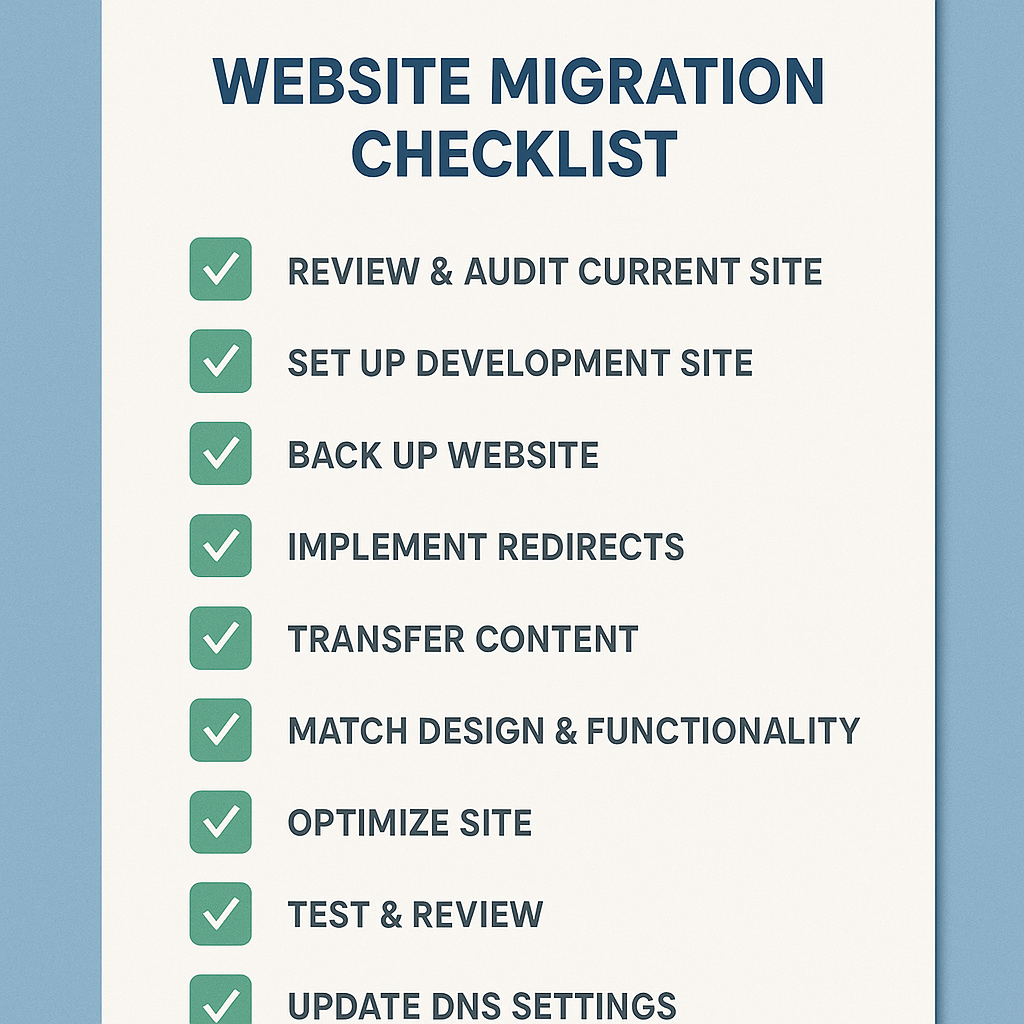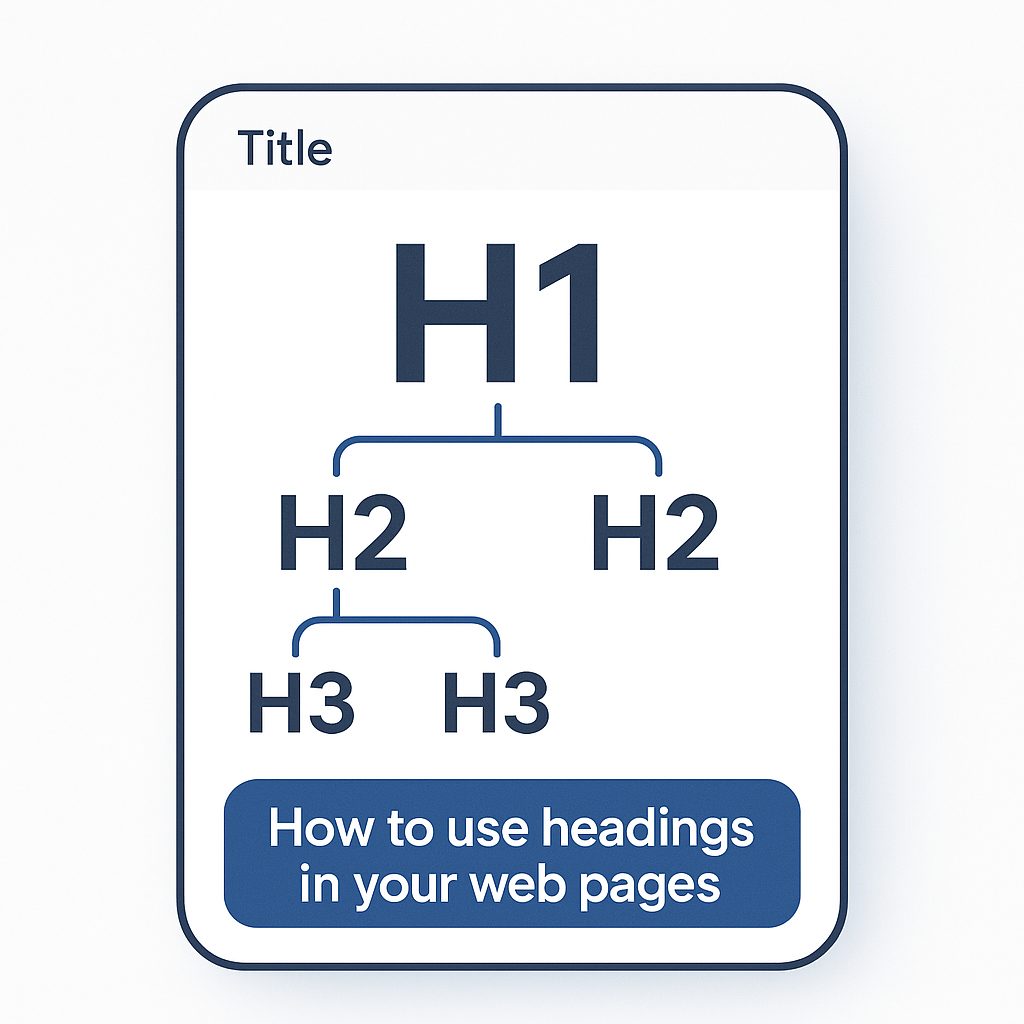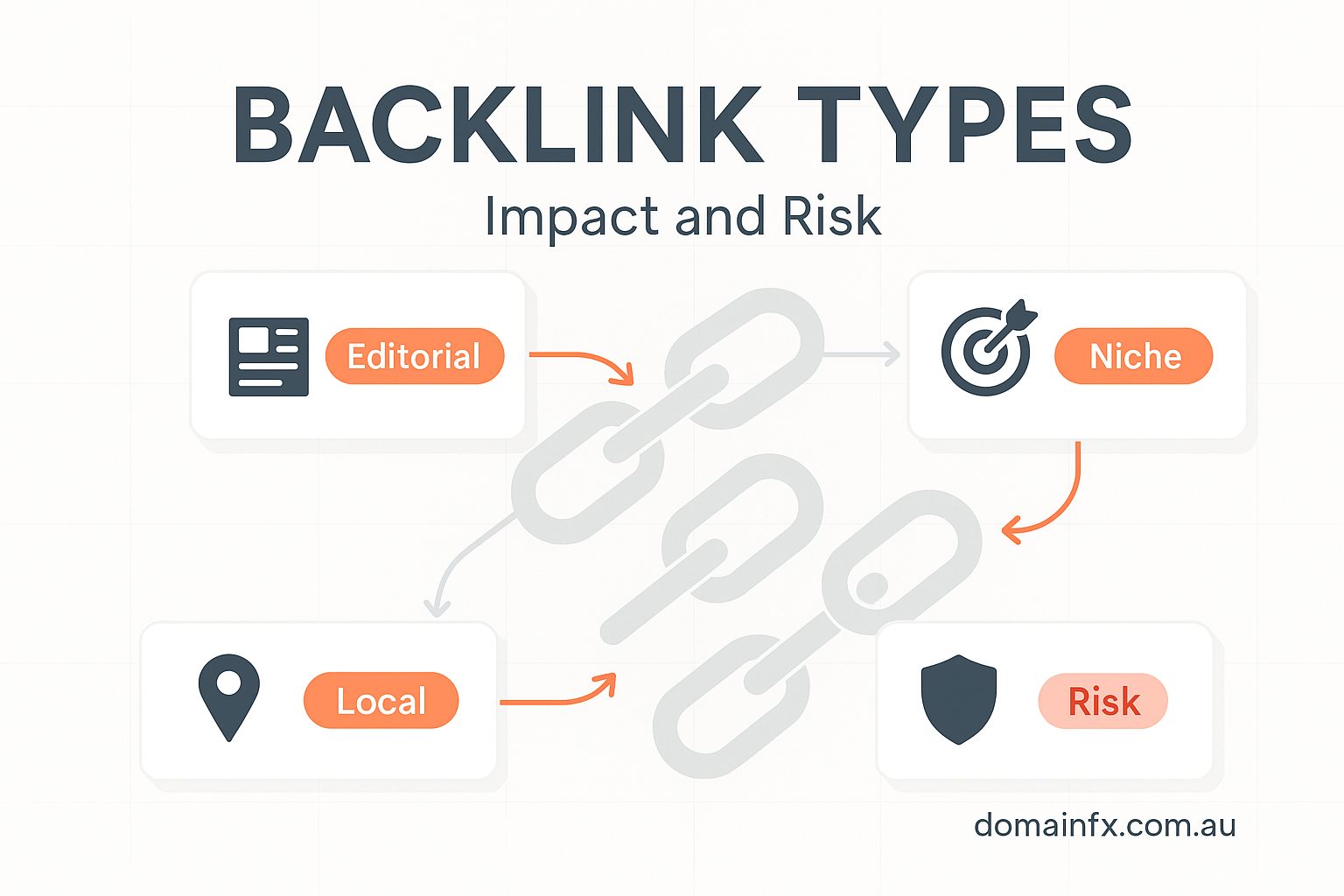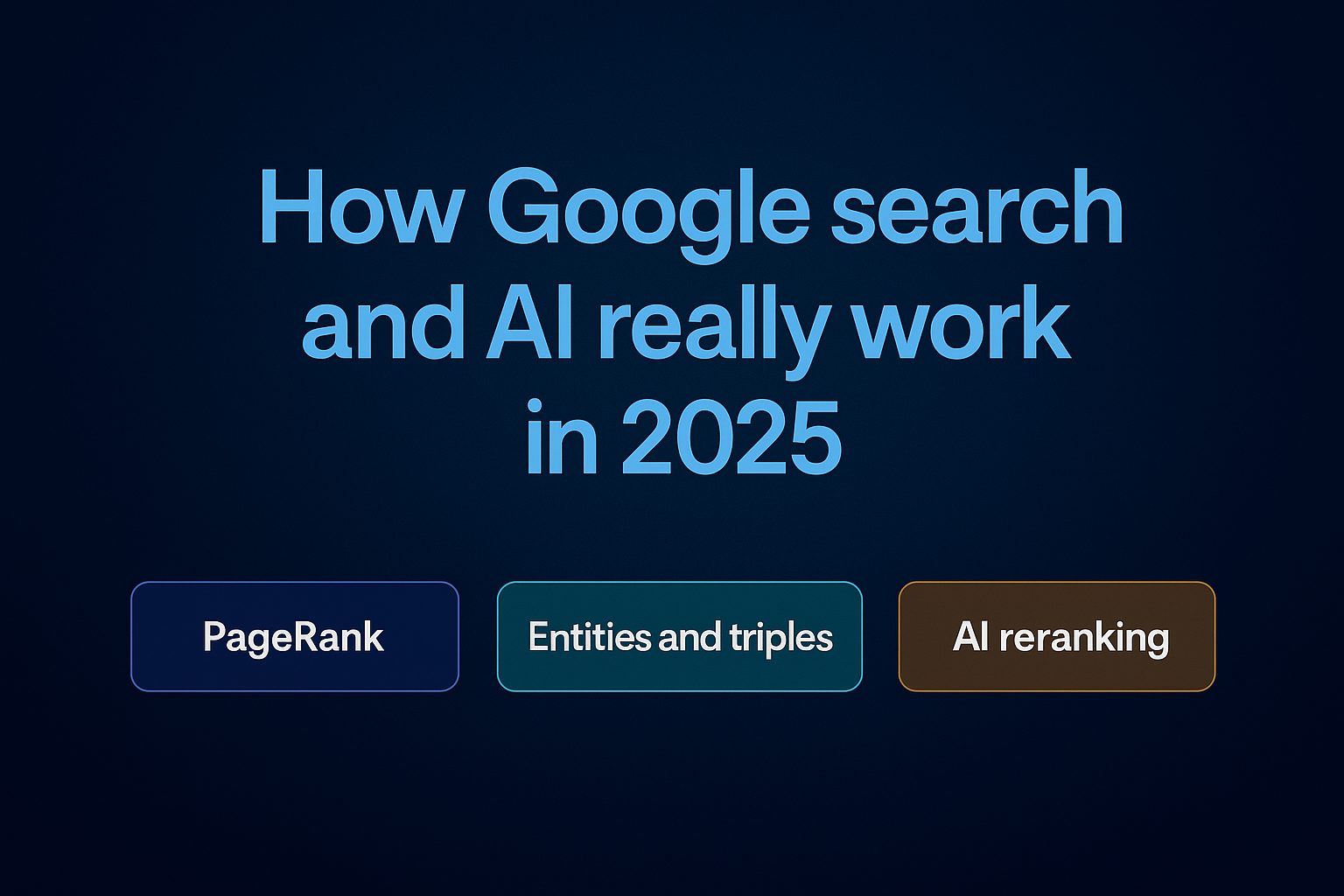In 2025, we’re seeing SEO shift with AI advancements and the emergence of Search Generative Experience (SGE).
SGE reduces organic traffic by up to 25% while altering traditional search experiences through AI-generated answers.
AI plays an essential role, boosting SEO by integrating user intent, crafting structured data, and enhancing Core Web Vitals.
These changes hinge on E-E-A-T principles to elevate content quality.
Explore how SEO practices are set to evolve dramatically.
The Emergence of Search Generative Experience (SGE)

As we explore the emergence of the Search Generative Experience (SGE), it is essential to understand its transformative impact on search dynamics. SGE integrates AI-generated answers with traditional search results, focusing on user intent. This shift leads to zero-click searches, reducing organic traffic by up to 25%. To adapt, SEO strategies must prioritise AI integration, crafting content that directly answers queries, shaping the future of SEO.
AI’s Role in Transforming SEO Practices
While AI reshapes the landscape of SEO, it leverages advanced algorithms to redefine content optimisation and predict search trends with unprecedented accuracy. AI tools empower us to conduct precise keyword research, enhancing organic traffic and user experience. The Search Generative Experience alters information delivery, while multimodal search capabilities guarantee content ranks effectively across text, images, and audio. E-E-A-T principles remain essential in AI-driven SEO trends.
E-E-A-T: Elevating Content Quality for 2025

Recognising the escalating importance of E-E-A-T in SEO, we must focus on enhancing content quality to meet evolving search engine standards. By integrating structured data markup, showcasing real-world experience, and fostering user trust, we elevate authoritative content in an AI-driven landscape. Extensive content, averaging over 1,600 words, bolsters search rankings by emphasising expertise and depth.
| Key Factor | Impact on E-E-A-T |
|---|---|
| Experience | Builds user trust |
| Expertise | Enhances authoritative content |
| Authoritativeness | Improves search rankings |
| Trustworthiness | Reinforces user confidence |
| Structured Data | Clarifies content quality |
Shifting Focus: User Intent Over Keywords
In 2025, we notice a fundamental shift in SEO strategies towards prioritising user intent over traditional keyword focus. AI technologies and the Search Generative Experience demand content strategies that emphasise personalised search results. Long-tail keywords and valuable content take precedence, aligning with user needs. Contextual information is key, as SEO strategies must adapt to deliver precise answers and enhance search relevance based on user intent.
Technical SEO: Building a Strong Foundation

As we look towards 2025, it’s clear that building a strong technical SEO foundation is non-negotiable, with structured data, Core Web Vitals, and JavaScript rendering at the forefront. Structured data markup enhances content understanding in AI-driven searches, while Core Web Vitals metrics have become essential for ranking, reflecting a site’s user experience quality. Let’s focus on optimizing JavaScript rendering to guarantee accurate indexing, as this will be significant in maintaining our website’s search visibility.
Structured Data Importance
While many strategies contribute to effective technical SEO, structured data stands out as a pivotal element in building a robust foundation. By leveraging schema markup, we enhance search engines’ ability to interpret and display content, especially with AI-driven features. This leads to higher click-through rates, improved voice search results, and increased chances of featured snippets, ultimately boosting site performance in an AI-centric search landscape.
Core Web Vitals
Structured data plays a significant role in optimising our websites for search engines, yet we must also prioritise the technical aspects that directly impact user experience. Core Web Vitals are essential for SEO rankings and optimising performance. To succeed in the digital landscape, focus on:
- Largest Contentful Paint (LCP): under 2.5 seconds
- First Input Delay (FID): less than 100ms
- Cumulative Layout Shift (CLS): below 0.1
Use Google PageSpeed Insights for monitoring.
JavaScript Rendering Challenges
Many websites face JavaScript rendering challenges that can undermine our SEO efforts. When search engines struggle to index content due to rendering issues, our visibility optimisation suffers. Tools like Google’s Mobile-Friendly Test help diagnose these problems. Implementing server-side rendering or dynamic rendering guarantees crawling bots receive pre-rendered HTML, improving page performance and search engine rankings.
| Solution | Benefit |
|---|---|
| Server-side rendering | Pre-rendered HTML for bots |
| Dynamic rendering | Enhanced content indexing |
| Mobile-Friendly Test | Identifies rendering issues |
| Search Console | Visibility optimisation |
| JavaScript audit | Boosts page performance |
The Rise of AEO: Optimizing for AI-Driven Search Engines

As we enter an era dominated by AI-driven search engines, the shift towards Answer Engine Optimisation (AEO) becomes increasingly critical for maintaining visibility and authority online. By focusing on:
- Structured content that AI can easily interpret
- High-quality content aligned with the E-E-A-T principle
- Providing direct answers to user queries
we can enhance our search visibility. Adapting SEO strategies to prioritise AEO guarantees relevance in this evolving landscape.
Frequently Asked Questions
What Is the Future of SEO in 2025?
In 2025, we’ll prioritize user experience and content relevance through voice search, mobile optimization, and video marketing. Local SEO, schema markup, technical SEO, link building, and advanced analytics tools will refine our strategies for measurable mastery.
How Is AI Going to Change SEO?
AI algorithms revolutionize SEO by enhancing content optimization through semantic search and predictive analytics. Automated tools and machine learning improve data analysis, voice search, and personalized results, elevating user experience with more precise, intuitive engagement.
How Is Search Changing in 2025?
In 2025, search evolves with voice search, mobile optimization, and advanced search algorithms emphasizing user intent. Content personalization, local search, visual search, video content, SERP features, and conversational queries transform search dynamics, demanding precision and adaptability.
Will AI Replace SEO Experts?
AI capabilities won’t replace SEO experts; instead, they’ll redefine SEO roles. Automation impacts the industry evolution, but job security remains as skill adaptation, human creativity, data analysis, strategy adjustments, and collaboration potential enhance our expertise and influence.
Final Thoughts
As we look ahead to 2025, it’s clear that the landscape of SEO is rapidly evolving. With the rise of Search Generative Experience and AI, we’re witnessing a shift towards prioritising user intent over traditional keywords. Data underscores the importance of E-E-A-T in enhancing content quality, while technical SEO remains vital for building a strong foundation. The advent of AI-driven search engines demands that we adapt by optimising for AEO, ensuring we’re ready for the future of search.





